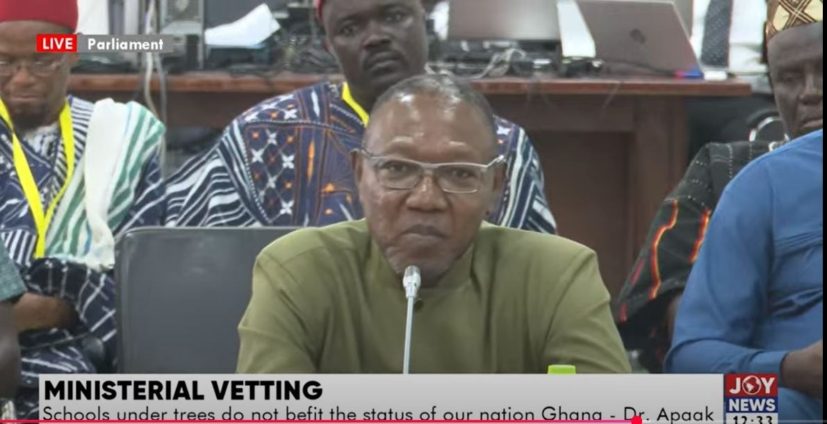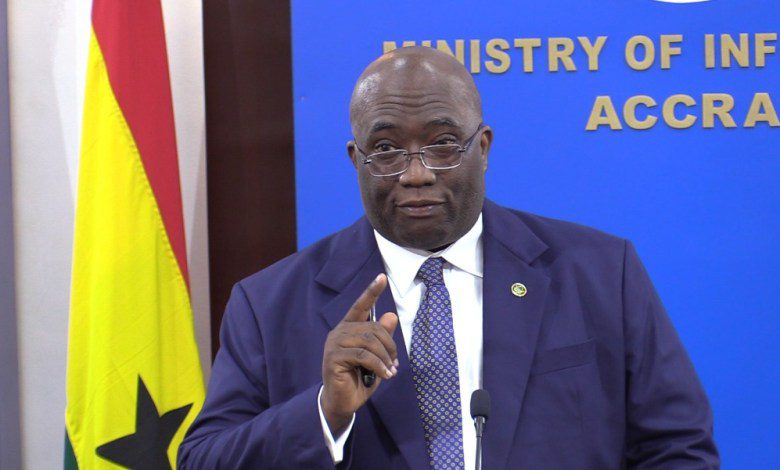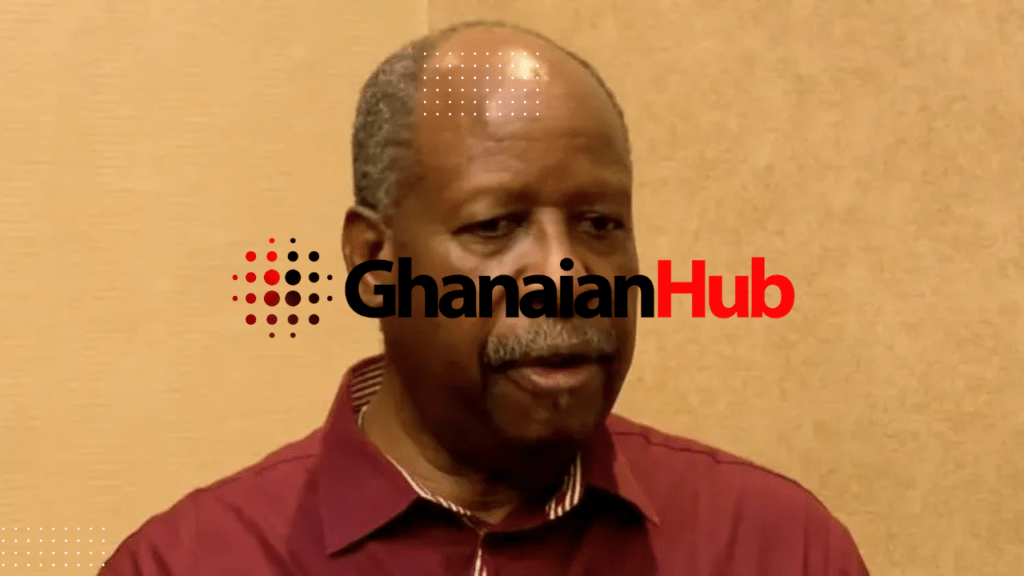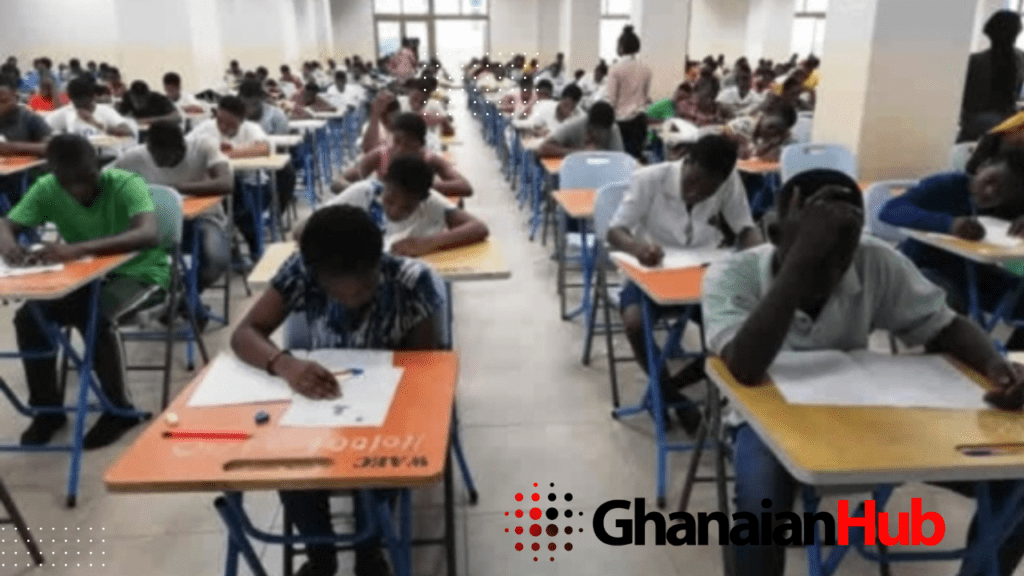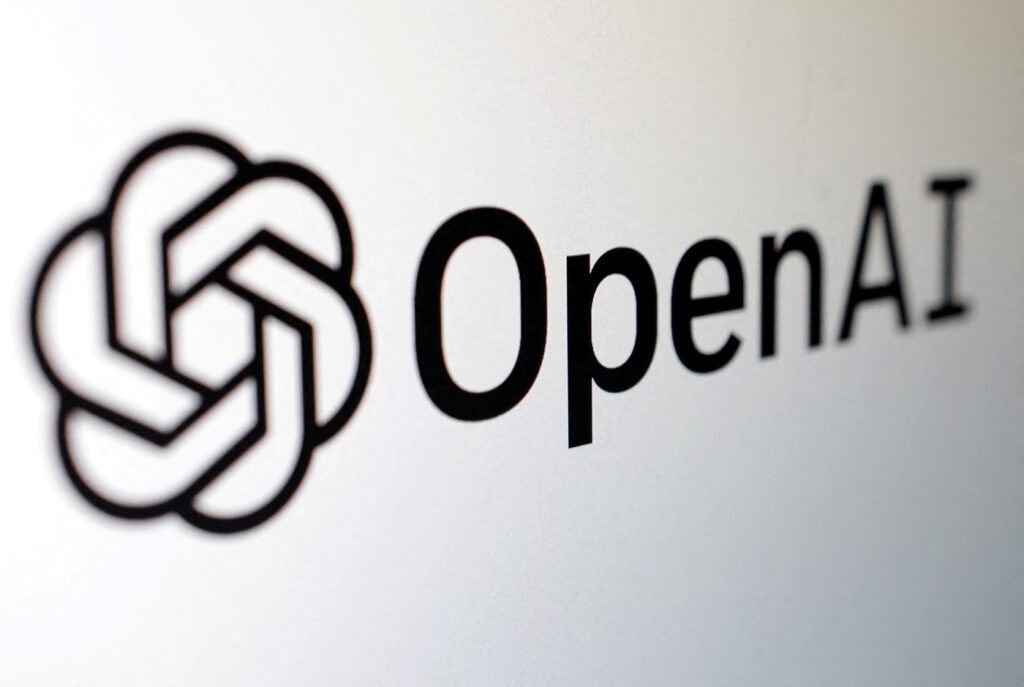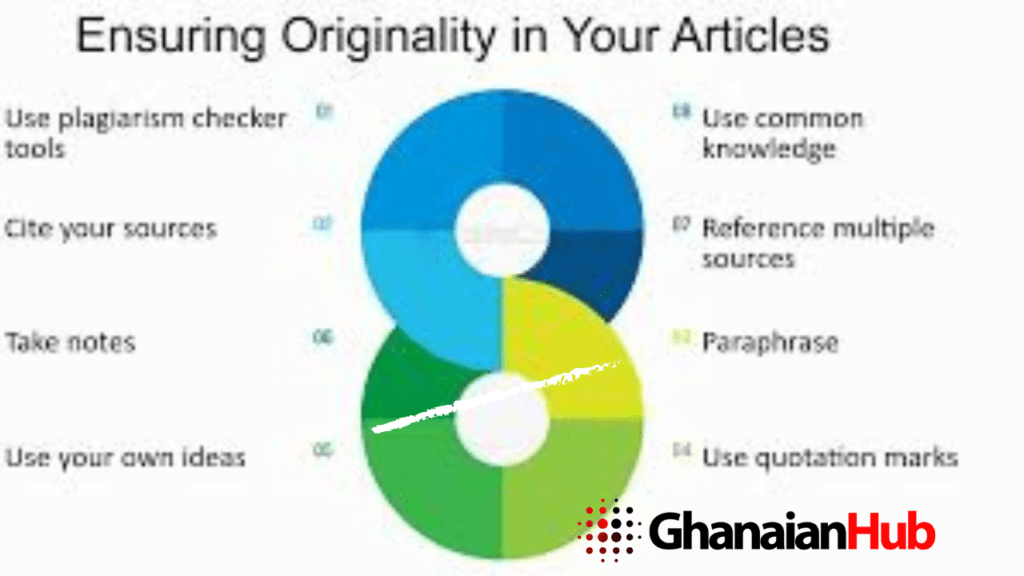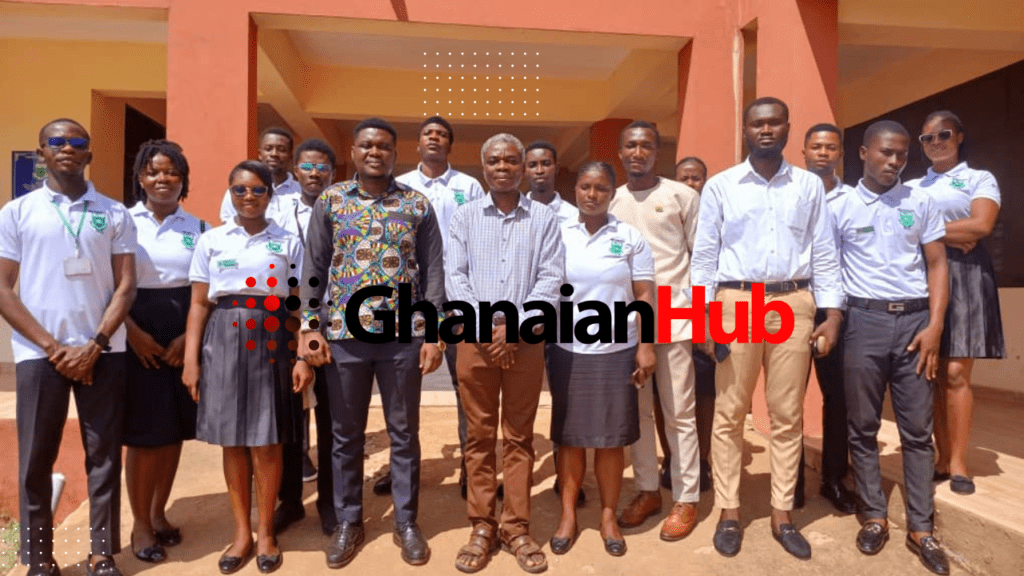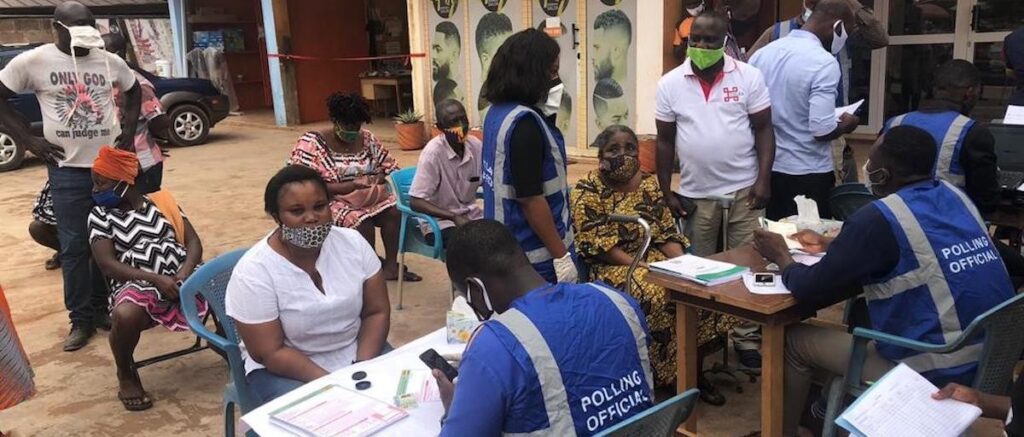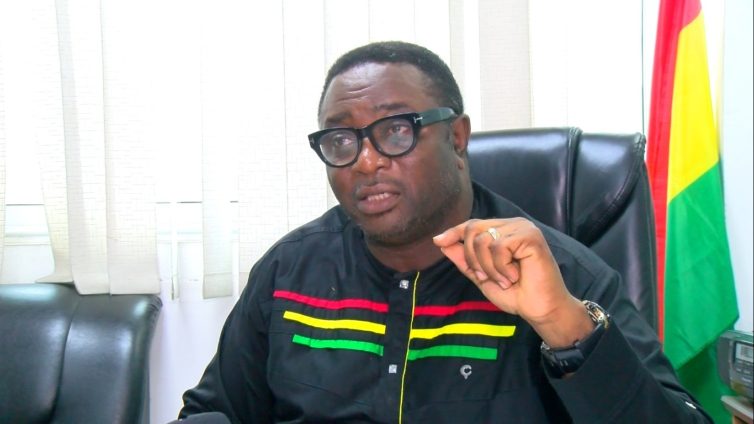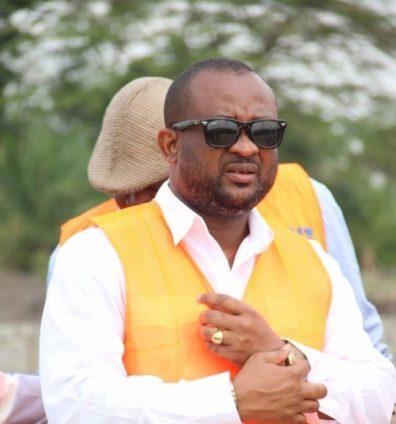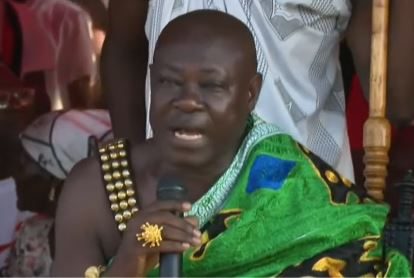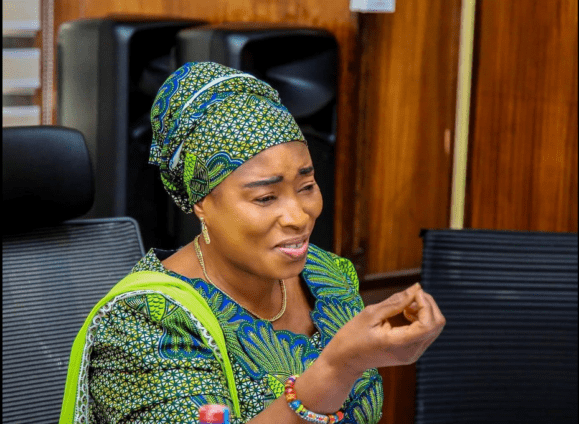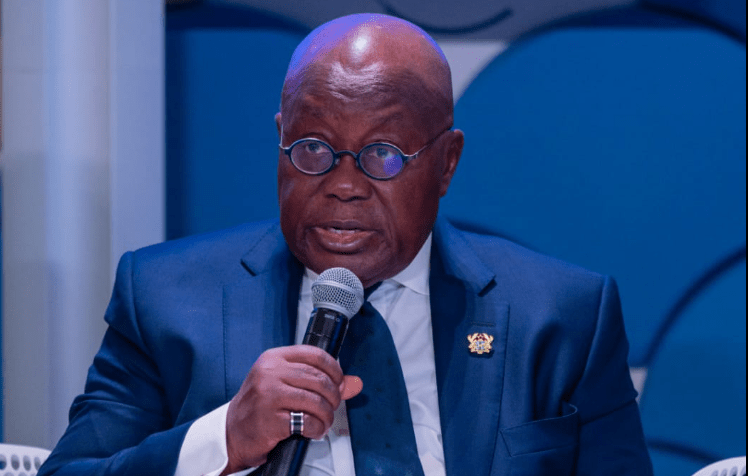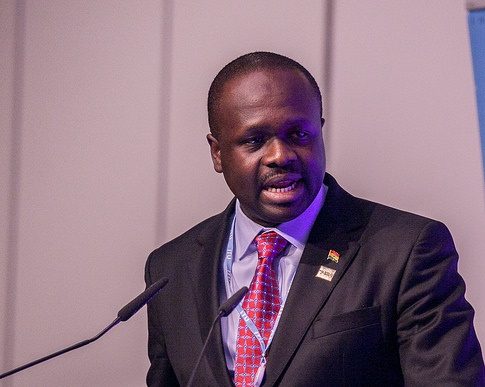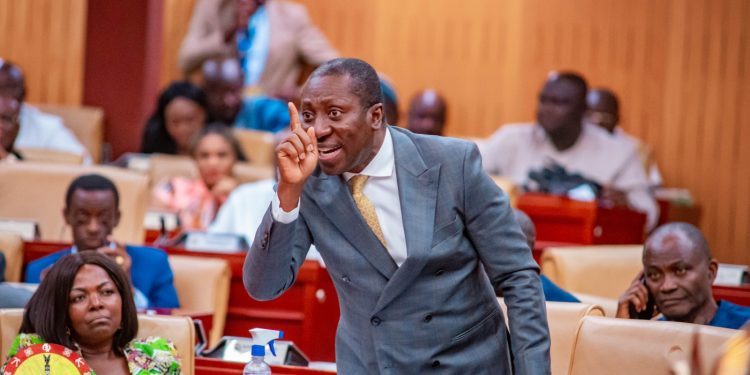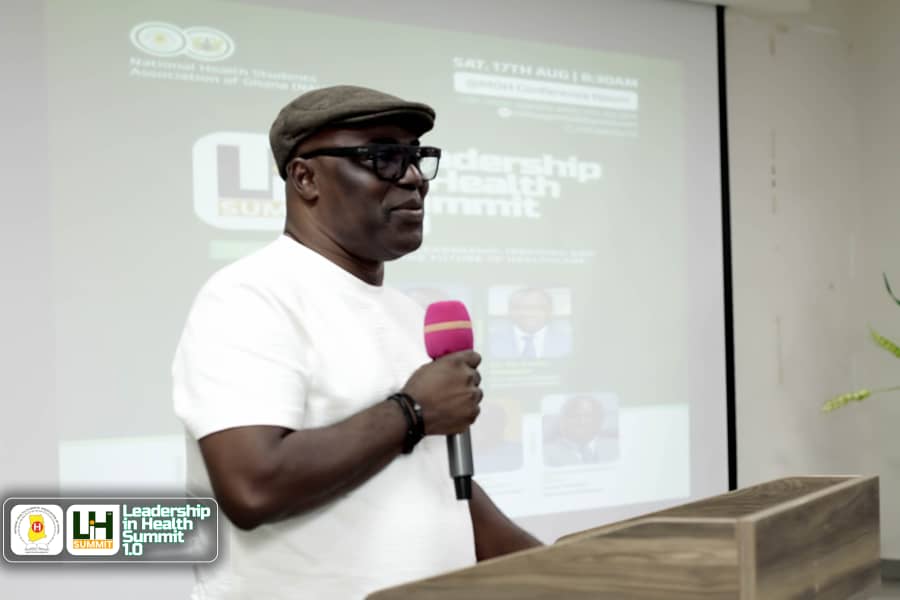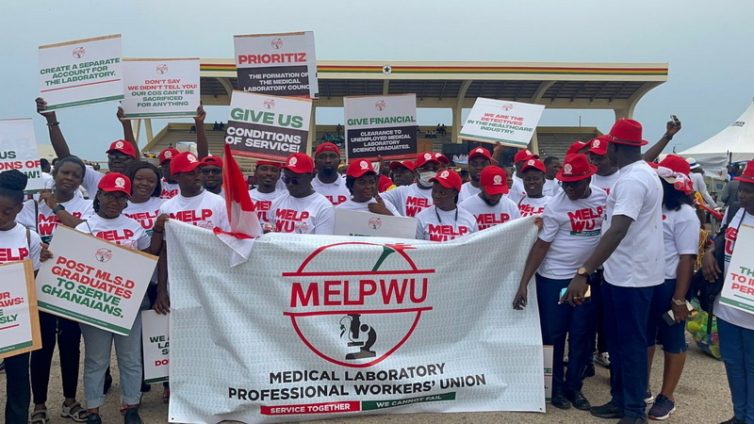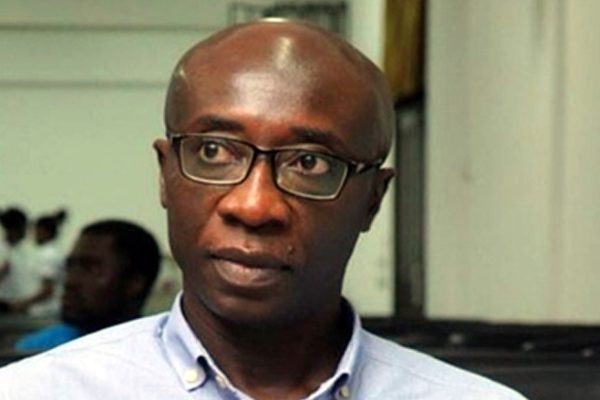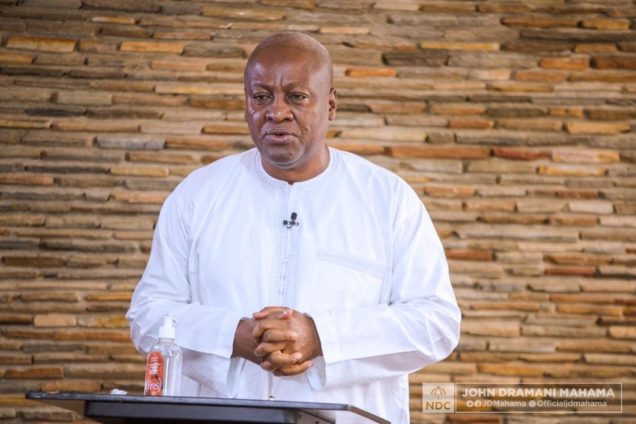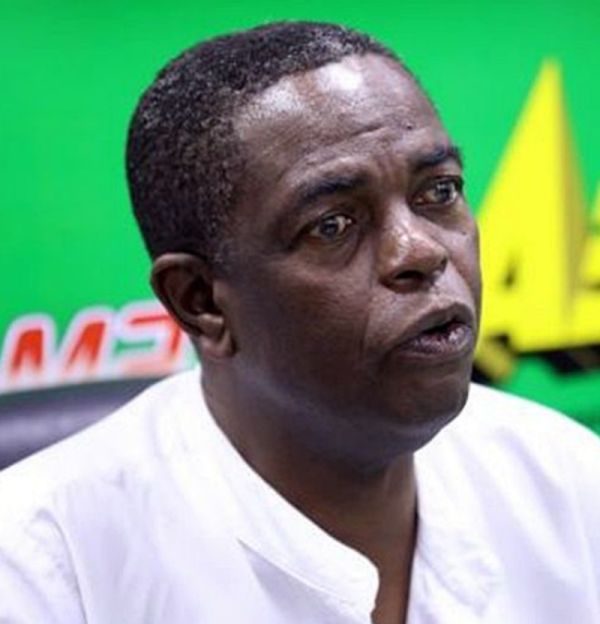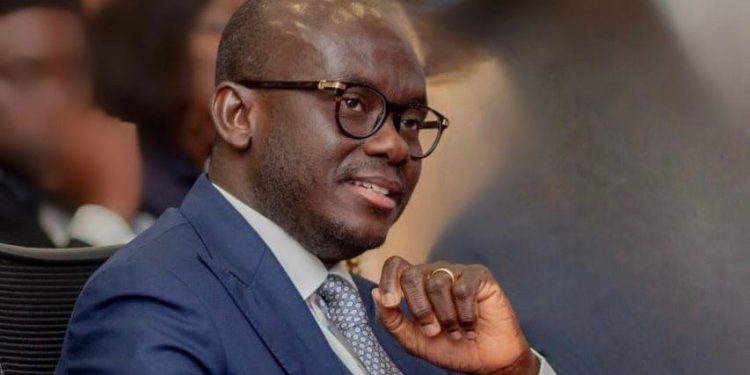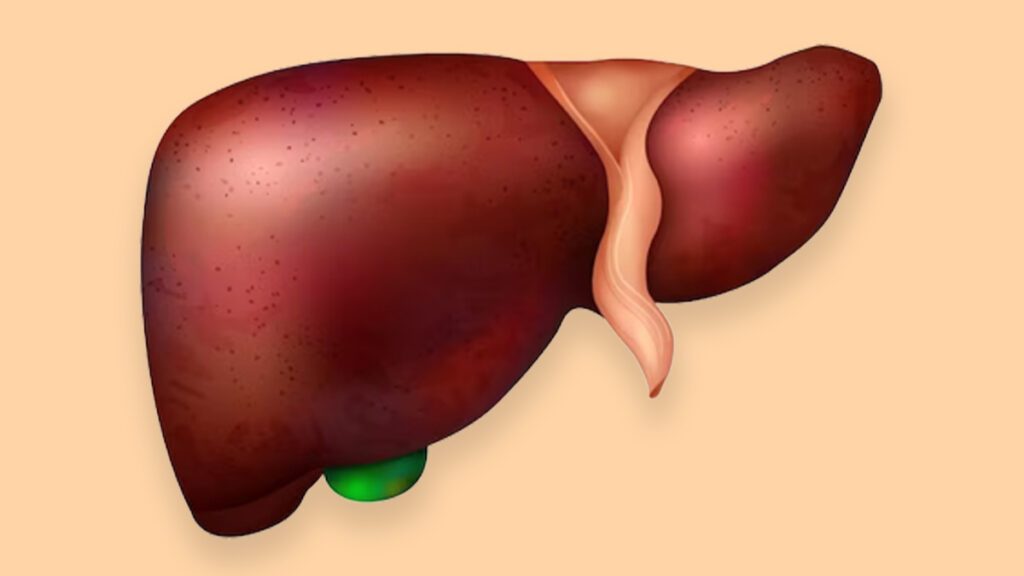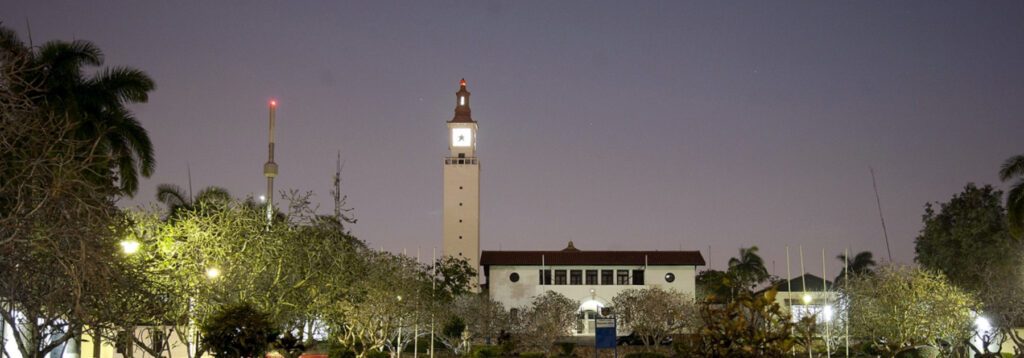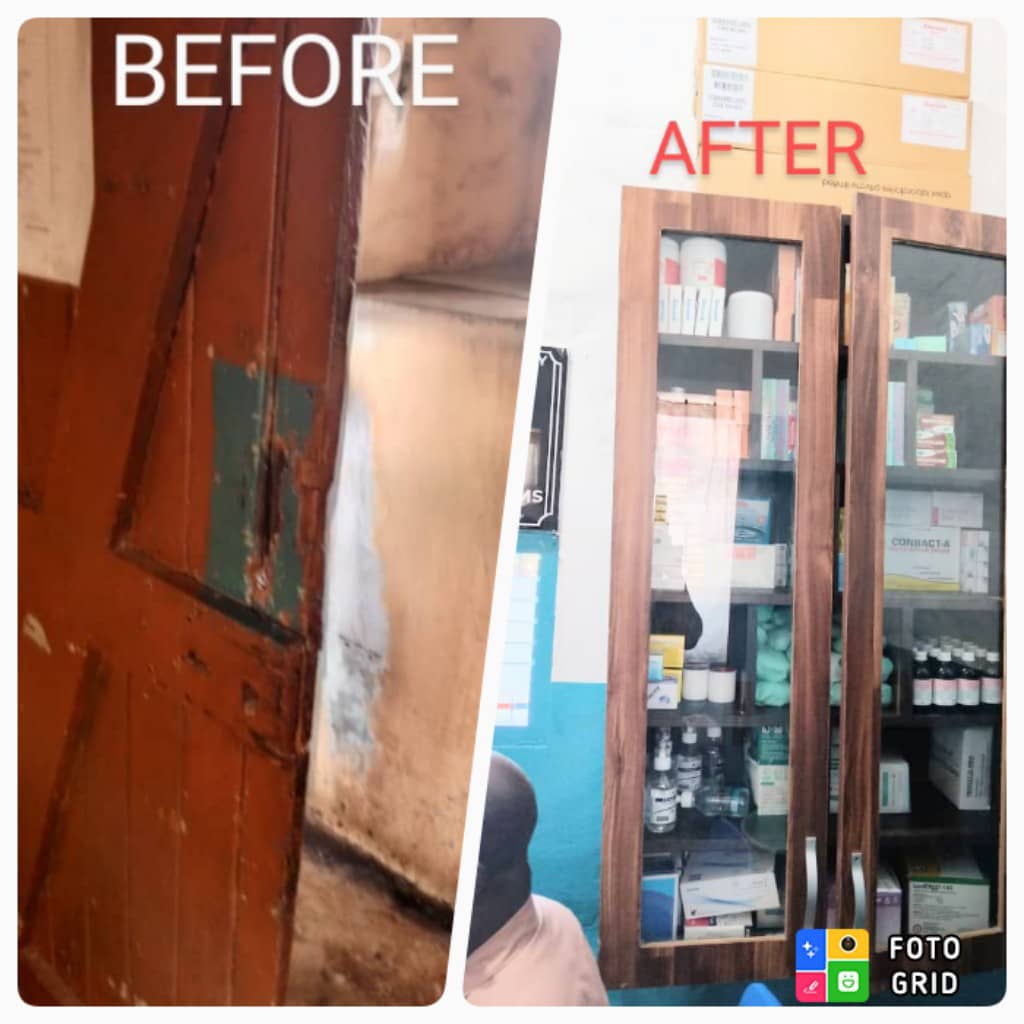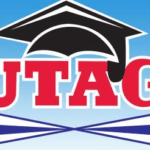Dr. Kenneth Ashigbey Criticizes Government’s Inadequate Response to Galamsey Crisis

Dr. Kenneth Ashigbey Criticizes Government’s Inadequate Response to Galamsey Crisis
Dr. Ing. Kenneth Ashigbey, Convener of the Media Coalition Against Illegal Mining, has voiced his disappointment in the government’s handling of the illegal mining, or “galamsey,” crisis, asserting that the Minister for Lands and Natural Resources, Samuel A. Jinapor, may not fully appreciate the gravity of its impact on water bodies and human life.

Ashigbey’s remarks follow a statement by the Ministry of Lands and Natural Resources, in which the government reiterated its commitment to promoting sustainable and legal mining practices. Jinapor emphasized the government’s ongoing efforts, such as deploying anti-galamsey task forces, stricter monitoring of mining sites, and more stringent enforcement of mining regulations. He also mentioned a meeting with regional ministers aimed at finding long-term solutions to the galamsey menace.
However, speaking on Joy FM’s Top Story on Wednesday, Dr. Ashigbey expressed that these measures merely repeat past efforts that have already proven ineffective. He pointed to the continued high turbidity levels in Ghana’s rivers as evidence that illegal mining remains rampant.
For example, some water bodies have reached turbidity levels as high as 14,000 NTU (Nephelometric Turbidity Units), far beyond acceptable limits for safe water consumption, underscoring the persistent environmental degradation caused by galamsey operations.
“You see that the Minister for Lands and Natural Resources does not get it. What is new amongst the things that he said? All these things that you are doing, you have been doing them, and the turbidity of water is still at 14,000 NTU, and you say regional ministers?” Dr. Ashigbey remarked, questioning the effectiveness of the government’s approach.
He further criticized the government’s reliance on regional ministers to oversee the situation, arguing that these ministers often witness illegal activities but lack the authority or capacity to address the problem. According to Ashigbey, the measures proposed by the government are “superficial” and do not address the severity of the situation.
“The actions mentioned do not satisfy what we are asking for. It just shows that they don’t realize we are in a crisis. It tells you that they don’t see the enormity of the challenges we are facing,” Dr. Ashigbey stressed.
In his view, the government’s failure to adopt innovative and decisive solutions is exacerbating the environmental damage caused by illegal mining. Dr. Ashigbey urged policymakers to recognize the full scale of the crisis and take more comprehensive actions to curb galamsey activities, protect Ghana’s natural resources, and safeguard public health.
The growing frustration with the government’s response reflects the increasing concerns among civil society groups and affected communities, who continue to suffer the devastating effects of illegal mining on Ghana’s water bodies, farmlands, and forests. Dr. Ashigbey’s criticism serves as a call for the government to intensify its efforts and implement effective, long-term strategies that will put an end to the galamsey menace once and for all.


 English
English 
